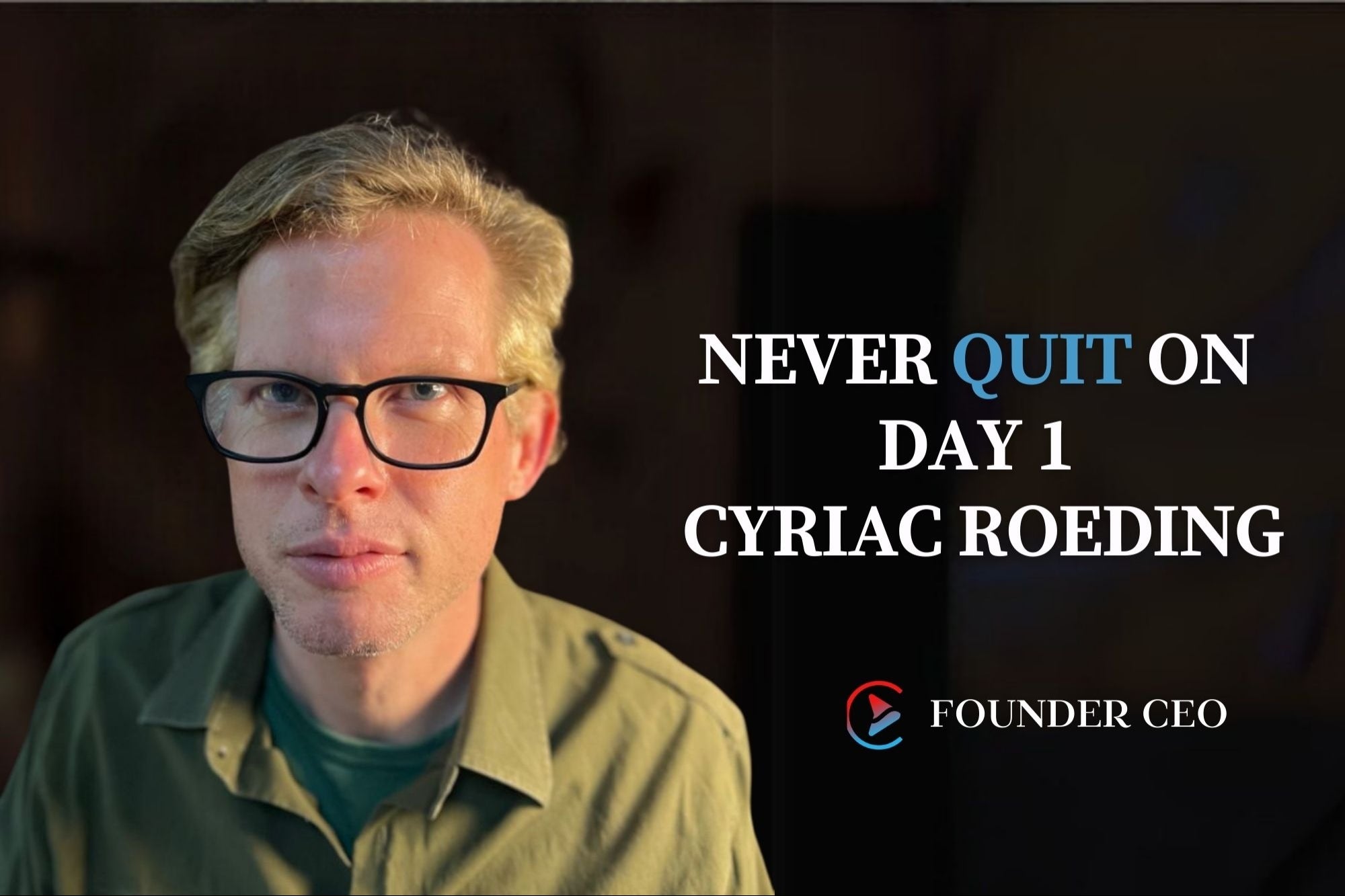Artists Are Job-Creating Entrepreneurs, Too. As part of Global Entrepreneurship Week, the Kauffman Foundation released a report today on how cities can encourage cultural entrepreneurs.
Opinions expressed by Entrepreneur contributors are their own.
If you are looking for the heart of the entrepreneurial community in your town, don't bypass the artists.
Thanks to legendary startup stories from Silicon Valley, we tend to conflate the idea of "entrepreneur" with technology-driven, West Coast-located, hoodie-wearing young billionaires. We don't often think about the painter, sculptor, dancer or theater professional.
But, truth be told, artists are self-employed at much higher rates than others in the workforce. About 34 percent of artists in the U.S. are self-employed, 3.5 times the national workforce average, according to a paper released today by small-business organization the Kauffman Foundation that cited research from the Census Bureau's 2011 American Community Survey.
Related: Why Every Entrepreneur Should Unleash Their Inner Artist
While cities have long looked to develop rich cultural communities to improve quality of life, attract new residents and cultivate tourism, there is new understanding among city leaders that artists are also entrepreneurs who bring in money, create jobs and give a boost to neighboring and related businesses, says Ann Markusen, director of the University of Minnesota Humphrey School of Public Affairs and author of the Kauffman report.
As cities become aware of the economic benefit of supporting artists entrepreneurs, their policy agendas need to develop, Markusen says. The publishing, advertising, music, design and architecture industries are all directly benefited by a thriving artistic community, the report says. Meanwhile, local small-business support programs often center on the manufacturing, service and retail industries.
Related: Artopolis: The State of the Creative Nation
"[Artists'] innovative challenges differ greatly from those faced by scientists and engineers. Artists and related cultural workers tend to fall through the cracks in traditional workforce and small business development programs," Markusen says in her report.
To cater toward those creative entrepreneurs, city leaders should know who the artists in their community are, develop local space and equipment sharing facilities and create affordable artist studio options, Markusen suggests. Further, she says cities should develop local training and networking opportunities specifically for artists that involve regional faculty. Markusen also recommends having artist entrepreneurs present when city agendas are set for some departments including transit, tourism and public safety.
"The twenty-first century will belong to the distinctive city, and entrepreneurial artists and designers are key to that future," Markusen says.
Related: Marc Ecko on Entrepreneurship as an Art Form (Video)










